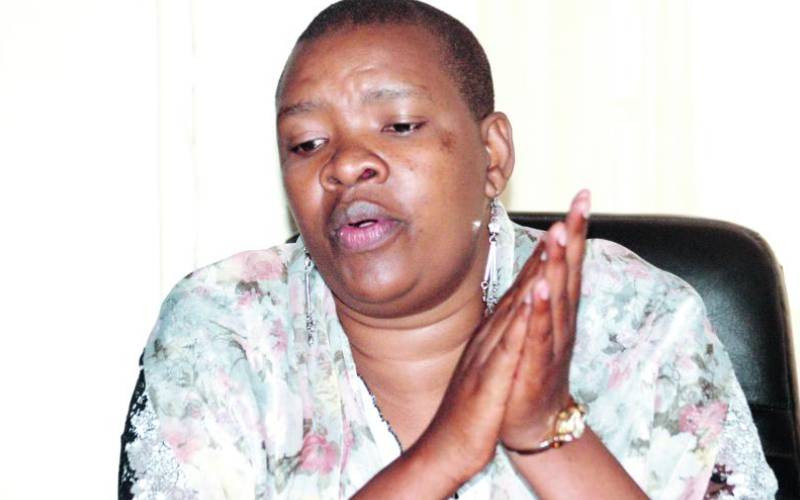×
The Standard e-Paper
Join Thousands Daily

Asunta's journey of life has been a rollercoaster of sorts. For her, life has been out of the ordinary. "I believe as a human being we can live our dreams, we simply have to believe." Immediately after her statement, she says she still can't believe that at her age she has twin girls who are now the apple of her eyes.
"I have always been longing for a daughter, and God is a God of miracles, He gave me twins, I still think it's just a mere dream, how can you believe that at my age the miracles happened," Asunta avers.